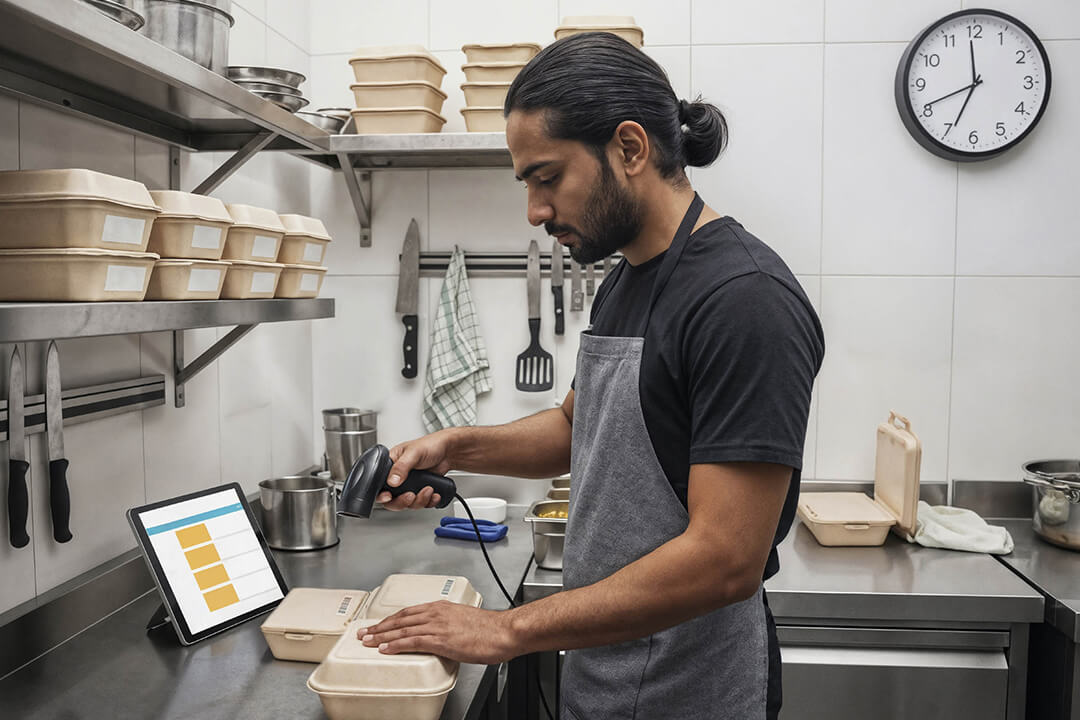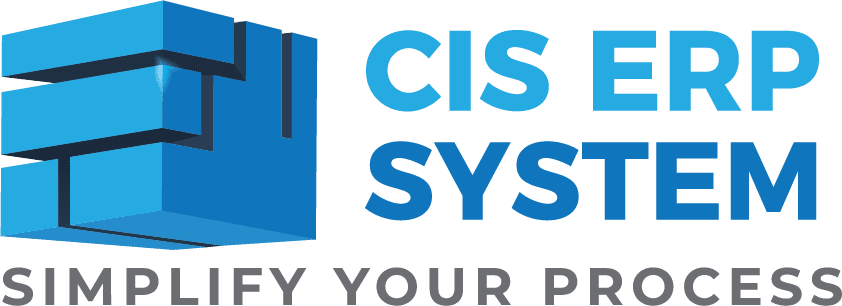
For businesses in the food and beverage industry, managing operations isn’t a walk in the park. It is a complex act of juggling and balancing supply chains, as well as compliance with laws and regulations. It also prevents perishable goods from spoiling.
In an environment where one mistake can either lead to an expensive recall or a total loss of the product, reliance on outdated spreadsheets and fragmented systems is a bad idea. This is where a specialized Enterprise Resource Planning (ERP) software becomes both beneficial and crucial.
A specialized ERP software for food industry is a system designed to help companies manage the sector’s unique challenges. It offers them a centralized platform for managing a wide range of tasks, including farm-to-fork traceability, quality control, inventory management, and regulatory compliance.
The right software system can be the deciding factor between thriving in a competitive market and faltering due to repeated mistakes. This article will explore the fundamental features and benefits of ERP as a non-negotiable asset for the food industry.
How ERP helps food industry growth?
A top-notch ERP software for food industry provides businesses in the food industry with a centralized platform that connects and streamlines their core operations. Their features aim to do the following via real-time data:
- Improve organizational efficiency
- Cut down redundancy
- Enable better decision-making
Now we will see how a top-notch ERP for food processing helps both businesses and companies in the food industry improve their functionality and streamline their operations:
| Function | Feature |
|---|---|
| Inventory Management | Keeping track of stocks in real time. It helps reduce waste, prevent overstocking, and fulfil demand reliably |
| Order Processing | Streamlining complex workflows to improve order acceptance, processing, and fulfilment. |
| Financial Management | Ensuring compliance and transparency in this area |
| Batch (and Lot) Tracking | Ensuring compliance and transparency in this area |
| Business Analytics | Provides real-time visibility into KPIs for quicker and tactful decision-making |
How is ERP software for food manufacturers crucial?
ERP software is indeed crucial for food manufacturers and for the industry as well. Here are some of the key benefits:
Increased Operational Efficiency
ERP systems help streamline numerous business processes. They reduce the need for manual intervention and reduce errors. This improvement in efficiency enables food manufacturers to focus on key competencies, thereby boosting productivity.
Regulatory Compliance
A very good ERP software for food industry helps with tracing batches and lots. Ranging from the receipt of raw materials to the dispatch of finished goods, the entire product journey is traceable. It can also be logged for regulatory compliance and meeting food safety requirements.
This software can also assist with barcoding, labeling, auditing, and inventory management for full traceability. This is a priority for companies in the food industry.
Data Management
Integrated ERP systems can provide a centralized source for data. It consolidates procurement, production, sales, warehousing, quality control, and other relevant functions.
For instance, stock numbers are updated in real time as materials are used in production. Then buyers can use this data and cross-reference it with outstanding orders. They can then assess and determine whether or not they need more stock.
Moreover, improved access to real-time data enables food businesses to monitor perishable inventory with greater precision. This is why a top-notch ERP software for food industry helps avoid overstocking and reduces wastage.
Improved Recipe Management
Numerous legacy systems are unable to manage recipes properly (due to their intricate nature). They need tools for tracking ingredient cost, batch scaling, and monitoring allergens. These features are present in worthwhile ERPs. A top-notch ERP software for food industry can help manufacturers maintain consistent product quality and manage production costs properly.
Maintaining Quality Control
Food safety standards demand strong quality management. ERP systems can help with the following:
- Certification for analysis tracking
- Automated testing workflows
- Hold status management
They avoid gaps that create compliance risks and improve the quality verification processes.
Obtaining a Competitive Advantage
An ERP software for food industry can help food manufacturers conduct the following seamlessly to gain a competitive advantage over competitors and rivals:
- Production optimization
- Maintaining quality and safety
- Waste reduction
- Improving operational efficiency
In turn, these improvements increase the company’s competitiveness in challenging markets.
Fulfilling KPIs and Improving Decision Making
The following KPIs need to be displayed understandably:
- Cycle expenses
- Production output
- Audit pass rates
- Inventory levels
- Sales pipeline
Managers can use data from these KPIs to determine which areas need improvement, develop targeted strategies accordingly, invest in research and development, and grow the business tactfully.
Scalability and Flexibility
Both the food industry and businesses evolve. A top-notch ERP system can work wonders in this regard. It helps a food business adapt to changing market demands and expand operations. These software systems are scalable, allowing businesses to add new functionalities and increase production capacity, as well as decrease it.
Such flexibility also ensures a business’s tactful growth or helps it shift its focus. They do not need extensive overhauls to help them grow.
Benefits of ERP in Food Supply Chain
We previously discussed the benefits of an ERP software for food industry as a whole. This very software system can also benefit the same business’s supply chain. How so? It provides them with benefits and features that directly address core challenges.
Integrating and automating key functions via a specialized ERP solution transforms operations from disorganized tasks into a unified workflow. We will now explore the key benefits of ERP for the supply chains of food businesses and companies:
- Improvements in Tracking: It tracks materials from the farm to the table.
- Amplified Inventory Management: It provides real-time information on stock levels to prevent shortages.
- Optimized Production Planning: It aligns production with demand to prevent overproduction and spoilage.
- Seamless Procurement: It automates purchasing processes to ensure the timely procurement of raw materials.
- Improved Quality Control: An ERP enables the conduct of systematic quality checks. It hence maintains centralized records of such data.
- Greater Visibility over the Supply Chain: An ERP offers a complete overview of the whole supply chain (from suppliers and distributors to production and final delivery).
- Increased Efficiency: It corrects human error and completes manual tasks via automation.
Over to You
An ERP software for food industry is of great benefit not just to a food production company but to the entire industry. Not only does it automate workflows, but it also reduces errors, waste, and spoilage. Improving quality control processes also leads to improvements in data collection.
These features, in turn, help improve customer service quality, operational efficiency, and the company’s competitiveness.

